Find Help
More Items From Ergsy search
-
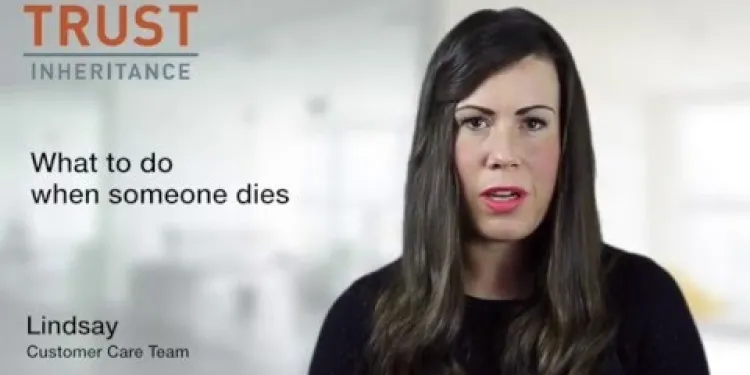
What to do when someone dies
Relevance: 100%
-
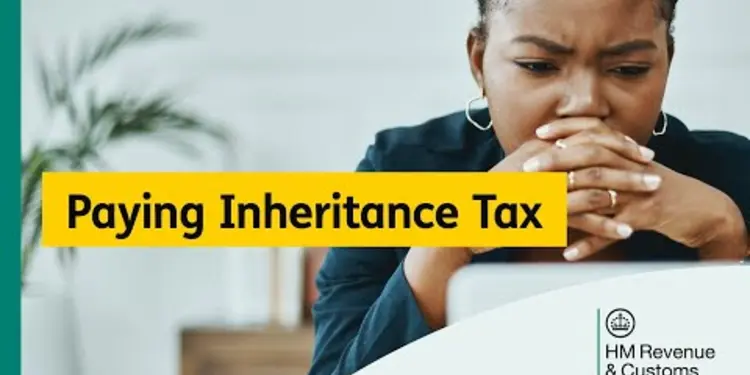
How and when do I pay Inheritance Tax when someone has died?
Relevance: 71%
-

What are the steps to manage tax affairs after someone dies?
Relevance: 50%
-

Poor sense of smell in the elderly linked with higher risk of dying | NHS Behind the Headlines
Relevance: 46%
-

Will I need someone to accompany me for the test?
Relevance: 44%
-

Can I apply for the payment on behalf of someone else?
Relevance: 39%
-
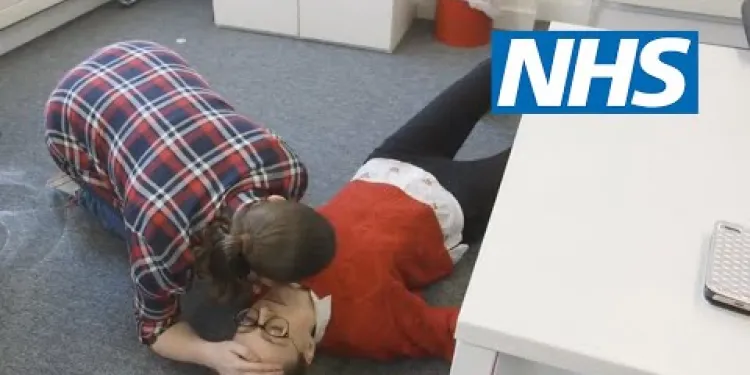
How to put someone into the recovery position | NHS
Relevance: 38%
-
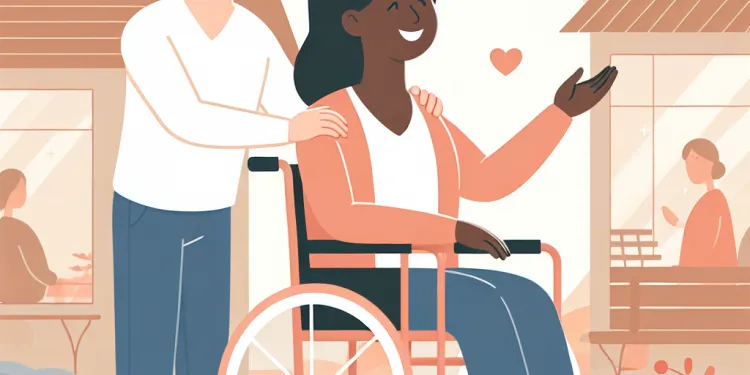
Helping someone with multiple diabilities
Relevance: 38%
-

Can someone else request my police records on my behalf?
Relevance: 38%
-

What is the prognosis for someone with CFS?
Relevance: 37%
-

Someone I know has been sent to prison.
Relevance: 36%
-

How often can I visit someone in prison?
Relevance: 36%
-

Can I claim the Winter Fuel Payment on behalf of someone else?
Relevance: 35%
-

How can I contact someone in prison?
Relevance: 35%
-

What should I do if I witness someone's drink being spiked?
Relevance: 35%
-

What is the prognosis for someone with heart failure?
Relevance: 34%
-

What items can I send to someone in prison?
Relevance: 34%
-
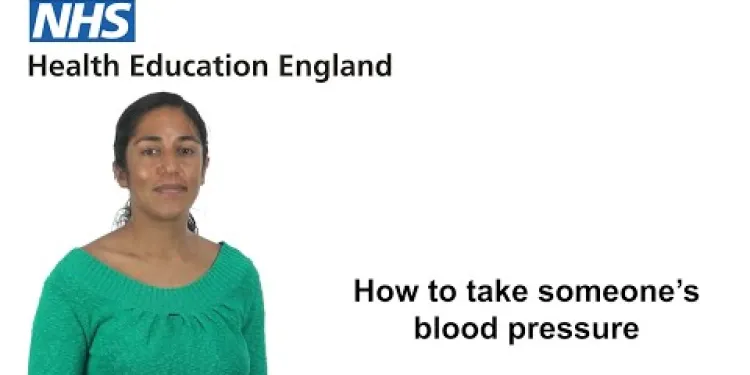
How to take someone's blood pressure
Relevance: 34%
-

How do I notify HMRC of someone’s death?
Relevance: 33%
-
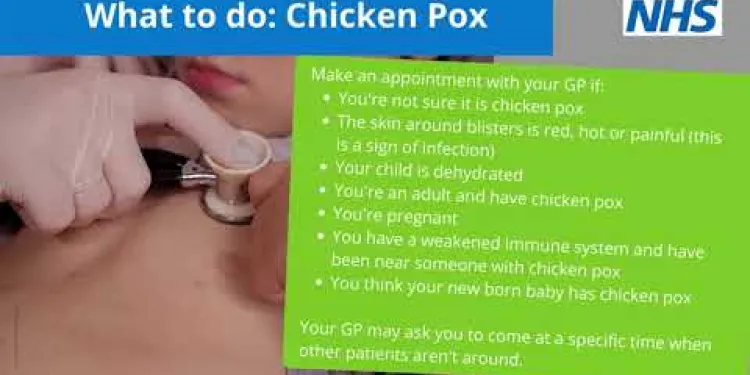
How to care for someone with chicken pox
Relevance: 33%
-

Is it safe to use a defibrillator on someone with a pacemaker?
Relevance: 33%
-
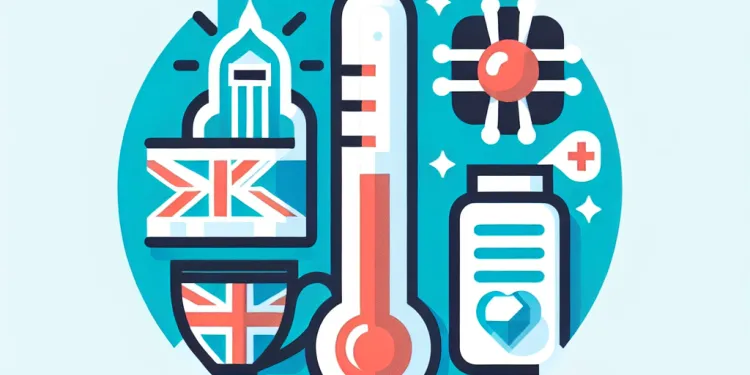
What should I do if someone is suffering from heatstroke?
Relevance: 32%
-

How often should someone with asthma see a doctor?
Relevance: 32%
-
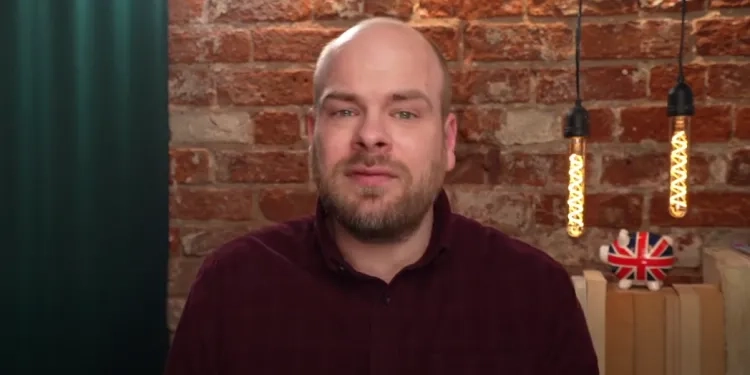
What Happens to Tax Debt After Death? (UK Laws)
Relevance: 31%
-

How can family members support someone with postnatal depression?
Relevance: 31%
-

Are there any medical conditions that disqualify someone from using weight loss jabs?
Relevance: 31%
-

How can family and friends support someone with health-related anxiety?
Relevance: 31%
-

Should someone with postnatal depression seek professional help?
Relevance: 31%
-

What should someone do if they suspect Nipah Virus infection?
Relevance: 31%
-

What immediate steps should be taken if someone has a concussion?
Relevance: 31%
-

Does the value of gifts affect Inheritance Tax?
Relevance: 30%
-

Why might someone need a property litigator?
Relevance: 30%
-

Is it safe for a partner of someone with HIV to have children?
Relevance: 30%
-
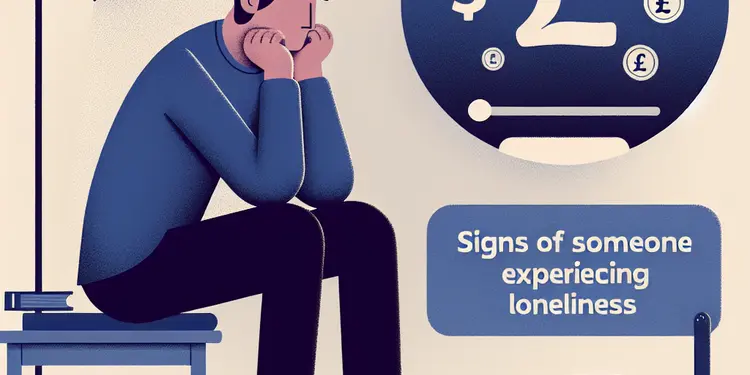
What are some signs that someone might be experiencing loneliness?
Relevance: 29%
-

What resources are available for someone struggling with binge drinking?
Relevance: 29%
-
How can someone seek help for an eating disorder?
Relevance: 29%
-

Why might someone choose Paracetamol over NSAIDs?
Relevance: 29%
-

How can carers manage stress while caring for someone with Alzheimer's?
Relevance: 29%
-

How can caregivers support someone with motor neurone disease?
Relevance: 29%
-

What happens if someone loses access to their mobile device?
Relevance: 28%
When someone passes away in the United Kingdom, there are several important steps that need to be taken to handle their affairs and ensure a smooth process for their loved ones. Here's a brief guide on what to do:
- Obtain a Medical Certificate: If the person dies at home or in a care facility, you'll need to contact a doctor to issue a Medical Certificate of Cause of Death. If the death occurs in a hospital, they will provide this certificate.
- Register the Death: You must register the death at the local Register Office within five days in England and Wales (eight days in Scotland). You'll need the Medical Certificate of Cause of Death and other relevant documents.
- Arrange the Funeral: Contact a funeral director to make arrangements for the funeral or cremation. The deceased's wishes, if known, should be considered.
- Notify Authorities: Inform relevant authorities, such as the deceased's bank, pension provider, and government agencies like the Department for Work and Pensions. They will guide you on how to proceed with financial matters.
- Check for a Will: Determine if the deceased had a will. If so, the executor named in the will should handle the estate. If there's no will, an administrator may need to be appointed.
- Settle Financial Affairs: Assess and settle any outstanding debts, taxes, and bills using the deceased's assets. You may need to apply for a Grant of Representation to access their assets.
- Notify Friends and Family: Inform friends, family, and relevant organizations about the death.
- Deal with the Estate: Distribute the deceased's assets among beneficiaries as per their wishes or according to legal rules of inheritance.
- Grieve and Seek Support: Coping with the loss of a loved one can be emotionally challenging. Seek support from friends, family, or professional counselors during this time.
- Closing Accounts: Close or transfer accounts, such as utilities, subscriptions, and social media profiles.
What to Do When Someone Dies in the United Kingdom
Contact the Relevant Authorities
When someone passes away, the immediate step is to contact the relevant authorities. If the death occurs at home, you should call the doctor who has been treating the deceased, or an out-of-hours doctor if it is outside of normal business hours. If the death is sudden or unexpected, contact emergency services by dialing 999. In a hospital or care home setting, the staff will handle this process for you.Register the Death
In the United Kingdom, you must register the death within five days unless a coroner is involved. You will need to provide the doctor’s medical certificate showing the cause of death and, if possible, the deceased’s birth and marriage or civil partnership certificates. The death can be registered at the local registry office where the death occurred, or you can choose to register it at a more convenient location.Inform Family, Friends, and Relevant Organisations
Notify close family members and friends promptly. Apart from relatives and friends, you should also inform other relevant organisations including banks, utility companies, and governmental bodies. Using the "Tell Us Once" service can simplify the process of alerting multiple government departments about the death.Arrange the Funeral
Planning the funeral involves deciding between burial or cremation, choosing a funeral home, and ensuring that the deceased’s wishes are followed if they left any instructions. You might need to check for any prepaid funeral plans. Discuss with other family members to make decisions respectfully and ensure everyone’s views are considered.Manage the Deceased's Estate
Handling the deceased's estate includes settling any outstanding debts and distributing their assets as per the will or, if there is no will, according to UK intestacy laws. It's advisable to speak with a solicitor, particularly if the estate is complex. You will need to apply for probate if you are the executor of the will.Look After Yourself
Dealing with the death of a loved one is emotionally overwhelming, so it is crucial to look after your own well-being. Seek support from family, friends, or professional counselors. Don't hesitate to ask for help when needed and take care of your mental and physical health during this challenging time.When someone dies in the United Kingdom, there are important things to do. Here is a simple guide:
- Get a Doctor's Note: If the person dies at home or in a care home, call a doctor. The doctor will give you a note that explains why they died. If they died in a hospital, the hospital will give you the note.
- Tell the Government: You must tell the local Register Office about the death. You have five days in England and Wales or eight days in Scotland. You need the doctor’s note and other papers.
- Plan the Funeral: Call a funeral director to help you plan the funeral or cremation. Try to follow what the person wanted if you know.
- Inform Important Places: Tell important places like the person’s bank and government offices. They will help you with money matters.
- Look for a Will: Find out if the person wrote a will. A will is a paper that says who gets their things. If there is a will, the person named in it will handle their things. If not, someone will need to be chosen to do this.
- Pay Bills: Check for any bills and use the person’s money to pay them. You might need special permission to use their money.
- Tell Friends and Family: Let friends and family know about the death.
- Share What They Owned: Give the person’s things to the people listed in the will, or follow the legal rules if there is no will.
- Support Each Other: It is okay to feel sad. Talk to friends, family, or get a counselor to help you.
- Close Accounts: Close or change things like utility bills, subscriptions, and online profiles.
What to Do When Someone Dies in the United Kingdom
Contact the Right People
When someone dies, tell the right people. If they die at home, call the doctor who was taking care of them. If it’s after hours, call the out-of-hours doctor. If it is sudden or a surprise, call emergency services by dialing 999. If they die in a hospital or care home, the staff there will help you.Register the Death
In the United Kingdom, you must tell the government about the death within five days unless a special doctor, called a coroner, needs to look into it. You need to show a medical paper from the doctor about the death and, if you can, the birth and marriage certificates of the person who died. Go to the local registry office where they died or to another nearby place to register the death.Tell Family, Friends, and Important Companies
Quickly tell close family and friends. Also, let other important places know, like banks, utility companies (for things like water and electricity), and government offices. You can use the "Tell Us Once" service, which helps you tell many government offices at one time.Plan the Funeral
To plan the funeral, you need to choose between burial or cremation, pick a funeral home, and follow any wishes the person left about their funeral. Check if they paid for a funeral plan already. Talk with family members to make sure everyone agrees.Sort Out the Person's Things
When someone dies, you need to pay their bills and share their things as they wanted in their will. If there is no will, UK laws will decide. It can help to talk to a lawyer if their things are complicated. You may need to apply for probate if you are in charge of the will.Take Care of Yourself
Losing someone can be very hard, so it's important to care for yourself. Talk to family, friends, or a counselor if you need support. Don’t be afraid to ask for help, and look after your mental and physical health during this tough time.Frequently Asked Questions
What is the first thing I should do when someone dies?
The first thing to do is to contact a medical professional to confirm the death and issue a Medical Certificate of Cause of Death.
Who can register the death?
A close relative, relative in-law, someone who was present at the death, or an official from the hospital or care home where the person died can register the death.
How long do I have to register a death?
In England, Wales, and Northern Ireland, a death must be registered within 5 days. In Scotland, it must be registered within 8 days.
Where do I register a death?
You need to register the death at a local register office. In some areas, you might need to make an appointment.
What documents do I need to register a death?
You will need the Medical Certificate of Cause of Death, and it’s useful to have the birth certificate, marriage/civil partnership certificate, and NHS medical card of the deceased.
What happens after a death is registered?
You will receive a Death Certificate, which allows you to arrange the funeral. You may also get a Certificate for Burial or Cremation.
Can I get extra copies of the death certificate?
Yes, you can request additional certified copies when you register the death. These are often needed for probate and insurance claims.
Who should I inform after someone dies?
You should inform family members, friends, the deceased’s employer, banks, insurance companies, and government agencies such as HMRC and DVLA.
What can I do if I can't cover the funeral costs?
You may be eligible for a Funeral Expenses Payment from the government if you receive certain benefits. Funeral directors may also offer payment plans.
What is probate, and do I need it?
Probate is the legal process of administering the deceased’s estate. You may need it if the deceased had significant assets or their bank requires it.
How do I apply for probate?
You apply for probate by filling in a probate application form, paying a fee, and submitting it along with the original will and the death certificate.
What happens if the deceased didn’t leave a will?
If there is no will, the estate is distributed according to the rules of intestacy. You may need to apply for Letters of Administration instead of probate.
What are the main responsibilities of an executor of a will?
The executor is responsible for managing the deceased’s estate, paying any debts, and distributing assets according to the will.
How can I close the deceased’s bank accounts?
You will need to inform the bank with a copy of the death certificate and, if required, a grant of probate or letters of administration.
What support is available for grieving?
Numerous charities and organizations such as Cruse Bereavement Support offer counselling and support for those dealing with grief.
What should I do first if someone dies?
When a person dies, the first thing to do is stay calm. It can be a sad time, so take a deep breath.
Then, you should call for help. Use a phone to call a doctor or 911 if you are in a place that uses 911. They will know what to do next.
You can ask a friend or family member to help you if you feel upset.
Using a checklist can also be helpful to remember what to do.
The first thing to do is to talk to a doctor. The doctor will check and say the person has died. They will give a paper called a Medical Certificate of Cause of Death.
Who can tell the government about a death?
Some people have the job of telling the government when someone dies. They can be:
- A close family member, like a son or daughter.
- A person who was there when the person died.
- Someone who takes care of the house where the person died.
- A friend or neighbor who knows what happened.
It is important to tell the right people. They need to know what happened.
If you need help with this, you can ask a friend or a trusted person for support. Look for tools that can help you understand what to do, like a simple checklist or a picture guide.
A family member, a family member by marriage, someone who saw the person die, or a worker from the hospital or care home where the person died can sign the death papers.
When do I need to tell someone about a death?
You have 5 days to tell someone about a death. That's about a week.
If it takes longer, talk to someone who can help, like a doctor or a funeral director.
Use a calendar or ask a friend to remind you.
In England, Wales, and Northern Ireland, you have 5 days to tell the government about a death. In Scotland, you have 8 days to do this.
Where do I sign up when someone dies?
You have to tell the local office when someone dies. Sometimes, you need to book a time to go there.
What papers do I need to register a death?
When someone dies, you need to tell the government. This is called registering a death. You need some papers to do this. Here is what you might need:
- The person’s birth certificate. This shows when and where the person was born.
- The person’s marriage certificate, if they were married. This shows who they were married to.
- Their NHS card or number. This helps to find their health records.
It's a good idea to ask a friend or family member to help you with this. You can also use a phone or computer to look up more information or ask a professional for advice.
You need a paper that says why the person died. This is called the Medical Certificate of Cause of Death. It is also helpful to have these papers:
- The person's birth certificate.
- Their marriage or civil partnership certificate.
- Their NHS medical card.
What happens after you tell the government someone has died?
Here is what you need to know:
- The government writes down the death officially. This is called "registering a death."
- After this, you get a piece of paper. This is called a "death certificate."
- You might need this paper to sort out their things, like money or a house.
If you find it hard to understand, a grown-up can help you. You can also draw what happens with pictures to make it clear.
You will get a piece of paper called a Death Certificate. This paper lets you plan the funeral. You might also get another paper called a Certificate for Burial or Cremation.
Can I get more copies of the death certificate?
Yes, you can ask for more copies of the death certificate.
Here is how you can get more copies:
- Ask the place where you got the first death certificate.
- Tell them you need more copies.
- You might have to pay money for extra copies.
If you need help, you can:
- Ask a family member or friend to help you.
- Use a phone to call and ask questions.
Getting extra copies can help if you need to show them to banks or other places.
Yes, you can ask for more official copies when you register the death. You might need these for things like sorting out the will or getting insurance money.
Who do I tell when someone dies?
When a person dies, you need to tell some people and places.
Here is who you should tell:
- Family and friends: Let them know what happened.
- Doctor: Inform the doctor so they can give you the right papers.
- Funeral home: They help plan the funeral.
- Bank: Tell them about the person who died.
- Insurance: Inform the insurance company.
- Government: Let them know so they can update records.
You can write a list to help remember who to tell. Ask someone you trust to help you make phone calls or send emails.
Tell these people and places when someone dies: family, friends, their workplace, banks, insurance companies, and places like HMRC and DVLA.
What if I can't pay for the funeral?
Funerals can be expensive. If you can't pay for one, here are some things you can do:
- Ask for help: Talk to family and friends. They might help with money.
- Check government help: Some places have programs to pay for funerals. Ask about these.
- Look for charity support: Some charities help pay for funerals. You can ask them.
- Think about different options: Funerals can be simpler and cost less. Talk to a funeral planner.
These ideas can help if you're worried about funeral money.
You might be able to get some money from the government to help pay for a funeral. This is called a Funeral Expenses Payment. You can get this help if you get certain benefits. Funeral directors, the people who organize funerals, might also let you pay a little bit at a time.
What is probate, and do I need it?
Probate is a legal process that happens when someone dies. It helps sort out what happens to their money, property, and things.
If you are looking after the person’s money and things, you might need probate. You would need a special paper called a ‘grant of probate’ to show you can do this.
To make it easier, you can:
- ask a grown-up or lawyer for help,
- use simple checklists to follow each step,
- and write down things you need to remember.
Probate is a legal process that happens after someone dies. It helps to sort out their money and belongings. You might need to do probate if the person who died had a lot of money or if their bank asks for it.
How do I apply for probate?
Here is how you can apply for probate:
- Collect the will and death certificate. These are important papers.
- Fill out an application form. You can get this form online or from a local office.
- If you need help, ask someone to go through the form with you.
- Send the application, the will, and the death certificate to the right office.
- Pay any fees that are needed.
If you need extra help, you can:
- Ask a friend or family member to help you.
- Use a magnifying glass to read small text.
- Listen to audiobooks or videos that explain the process.
You can ask to get probate by doing a few things:
1. Fill out a special form for probate.
2. Pay a small fee.
3. Send the form, the original will, and the death certificate to the right place.
If you need help, you can ask a friend, a family member, or look online for tools that make writing forms easier.
What if the person didn't write down who gets their things?
If someone dies and didn't write a will, then the law decides who gets their things. This is called "intestate." Here is how it might work:
- If they have a husband, wife, or partner, that person might get most of the things.
- If they have children, the children might share the things.
- If they don’t have a husband, wife, partner, or children, then other family members might get the things.
Here are some tools that can help:
- Ask a family member or friend to help understand what will happen.
- Use a picture or chart to show who might get the things.
If a person dies without a will, their belongings are shared out by special rules called "intestacy". You might need to ask for something called "Letters of Administration" instead of "probate".
What does an executor of a will do?
An executor has a special job. They make sure a person's wishes are followed after they die.
Here is what they do:
- They find the will.
- They make sure any bills are paid.
- They give out things to the people named in the will.
Some helpful tools are:
- Ask a trusted adult if you need help.
- Use a checklist to keep track of tasks.
- Speak with a lawyer for advice.
The executor is the person who takes care of the things that someone who has died leaves behind. They make sure any money owed is paid and give out the things to the people named in the will.
How do I close a dead person's bank accounts?
You need to tell the bank that the person has died. You show them a paper called a death certificate. Sometimes, you also need to show another paper like a grant of probate or letters of administration.
If reading is hard, try using a ruler or your finger to follow along the words. Reading out loud also helps.
How can you get help when you are sad?
Lots of charities and groups like Cruse Bereavement Support can help you if you are feeling sad because someone you love has died. They can talk with you and help you feel better.
Useful Links
This website offers general information and is not a substitute for professional advice.
Always seek guidance from qualified professionals.
If you have any medical concerns or need urgent help, contact a healthcare professional or emergency services immediately.
Some of this content was generated with AI assistance. We’ve done our best to keep it accurate, helpful, and human-friendly.
- Ergsy carfully checks the information in the videos we provide here.
- Videos shown by Youtube after a video has completed, have NOT been reviewed by ERGSY.
- To view, click the arrow in centre of video.
- Most of the videos you find here will have subtitles and/or closed captions available.
- You may need to turn these on, and choose your preferred language.
- Go to the video you'd like to watch.
- If closed captions (CC) are available, settings will be visible on the bottom right of the video player.
- To turn on Captions, click settings .
- To turn off Captions, click settings again.
More Items From Ergsy search
-

What to do when someone dies
Relevance: 100%
-

How and when do I pay Inheritance Tax when someone has died?
Relevance: 71%
-

What are the steps to manage tax affairs after someone dies?
Relevance: 50%
-

Poor sense of smell in the elderly linked with higher risk of dying | NHS Behind the Headlines
Relevance: 46%
-

Will I need someone to accompany me for the test?
Relevance: 44%
-

Can I apply for the payment on behalf of someone else?
Relevance: 39%
-

How to put someone into the recovery position | NHS
Relevance: 38%
-

Helping someone with multiple diabilities
Relevance: 38%
-

Can someone else request my police records on my behalf?
Relevance: 38%
-

What is the prognosis for someone with CFS?
Relevance: 37%
-

Someone I know has been sent to prison.
Relevance: 36%
-

How often can I visit someone in prison?
Relevance: 36%
-

Can I claim the Winter Fuel Payment on behalf of someone else?
Relevance: 35%
-

How can I contact someone in prison?
Relevance: 35%
-

What should I do if I witness someone's drink being spiked?
Relevance: 35%
-

What is the prognosis for someone with heart failure?
Relevance: 34%
-

What items can I send to someone in prison?
Relevance: 34%
-

How to take someone's blood pressure
Relevance: 34%
-

How do I notify HMRC of someone’s death?
Relevance: 33%
-

How to care for someone with chicken pox
Relevance: 33%
-

Is it safe to use a defibrillator on someone with a pacemaker?
Relevance: 33%
-

What should I do if someone is suffering from heatstroke?
Relevance: 32%
-

How often should someone with asthma see a doctor?
Relevance: 32%
-

What Happens to Tax Debt After Death? (UK Laws)
Relevance: 31%
-

How can family members support someone with postnatal depression?
Relevance: 31%
-

Are there any medical conditions that disqualify someone from using weight loss jabs?
Relevance: 31%
-

How can family and friends support someone with health-related anxiety?
Relevance: 31%
-

Should someone with postnatal depression seek professional help?
Relevance: 31%
-

What should someone do if they suspect Nipah Virus infection?
Relevance: 31%
-

What immediate steps should be taken if someone has a concussion?
Relevance: 31%
-

Does the value of gifts affect Inheritance Tax?
Relevance: 30%
-

Why might someone need a property litigator?
Relevance: 30%
-

Is it safe for a partner of someone with HIV to have children?
Relevance: 30%
-

What are some signs that someone might be experiencing loneliness?
Relevance: 29%
-

What resources are available for someone struggling with binge drinking?
Relevance: 29%
-
How can someone seek help for an eating disorder?
Relevance: 29%
-

Why might someone choose Paracetamol over NSAIDs?
Relevance: 29%
-

How can carers manage stress while caring for someone with Alzheimer's?
Relevance: 29%
-

How can caregivers support someone with motor neurone disease?
Relevance: 29%
-

What happens if someone loses access to their mobile device?
Relevance: 28%


